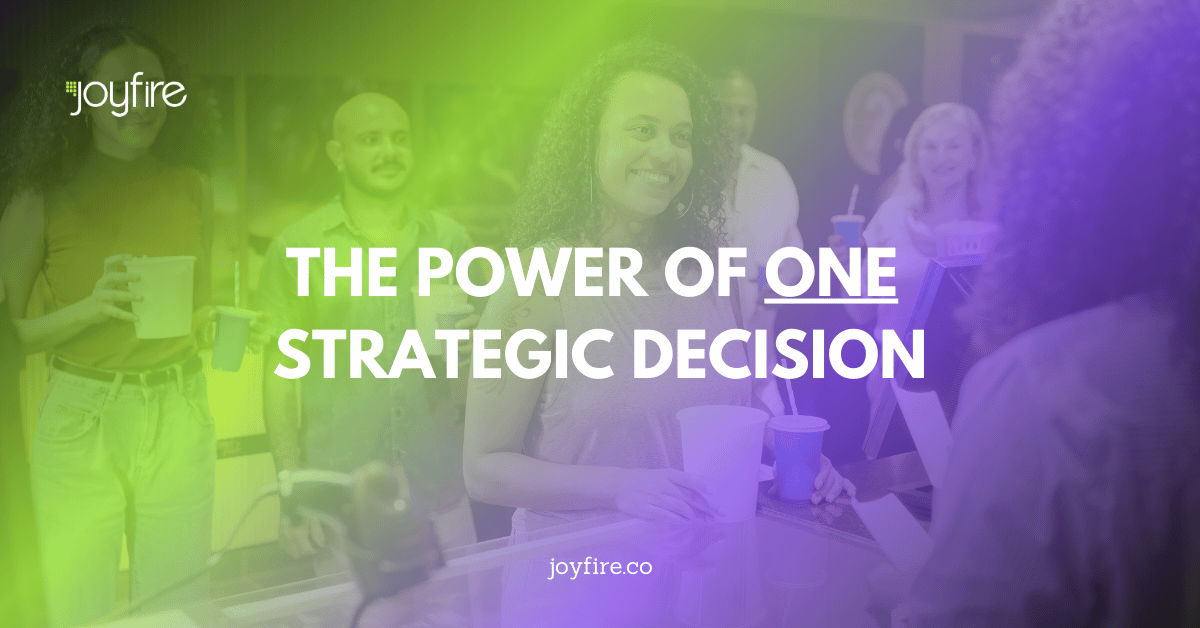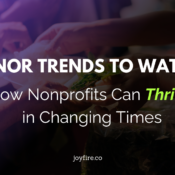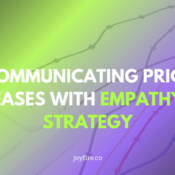
The Power of One Strategic Decision: How Free Refills Revolutionized Fast Food
In the competitive landscape of the late 1980s, Taco Bell faced the challenge of distinguishing itself among fast-food giants. In 1988, the company made a strategic decision that would not only redefine its brand but also leave a lasting impact on the entire industry: the introduction of free drink refills.
The Power of a Single Decision
The idea of free refills wasn’t entirely new. Its roots trace back to 19th-century American coffeehouses and soda fountains, where patrons often enjoyed complimentary top-ups. However, by the 1980s, fast-food chains hadn’t yet capitalized on the practice. Enter Taco Bell. In collaboration with PepsiCo, Taco Bell launched a value-focused marketing campaign that highlighted unlimited refills as a key selling point.
This wasn’t just about free soda—it was about offering customers perceived value.
Free refills gave diners a reason to stay longer, purchase larger drinks, and feel they were getting more for their money. The psychological impact was immediate: customers associated Taco Bell with generosity and value.
The Domino Effect
Taco Bell’s innovation rippled through the industry like a wave. Giants like McDonald’s and Burger King quickly followed suit, adopting free refill policies and normalizing the concept across the United States.
Suddenly, what began as a unique offering became a customer expectation. Today, free refills are a hallmark of American dining, though the practice remains uncommon in many other countries.
Interestingly, some chains are beginning to phase out free refills due to maintenance costs and changing consumer habits. But Taco Bell’s bold move in 1988 remains a lesson in how a single decision can set trends and reshape industries.
What Marketers Can Learn
Taco Bell’s story offers valuable insights for businesses and marketing teams today⸺
- Focus on Value
Customers want to feel they’re getting more than what they paid for. Simple gestures, like free refills, free shipping, or free consultations can create a lasting impression. - Bold Differentiation
Being the first to innovate, even in a small way, can set a brand apart and solidify its reputation. - Influence the Industry
A successful strategy doesn’t just boost one brand—it can redefine customer expectations across an entire sector.
Conclusion
Taco Bell’s introduction of free drink refills serves as a compelling example of how one strategic decision can transform a brand’s position in the market. By focusing on customer satisfaction and value, Taco Bell not only enhanced its brand but also influenced the broader fast-food industry—a testament to the power of innovative thinking in marketing.
Take Action
To replicate Taco Bell’s success, marketing teams should regularly ask ⸺
What small, value-driven change can we introduce today that would make a big impact on our customers’ daily lives (and change their perception of the value of our brand?)
This question will challenge your team to think creatively, stay customer-centric, and potentially uncover the next big industry trend.




